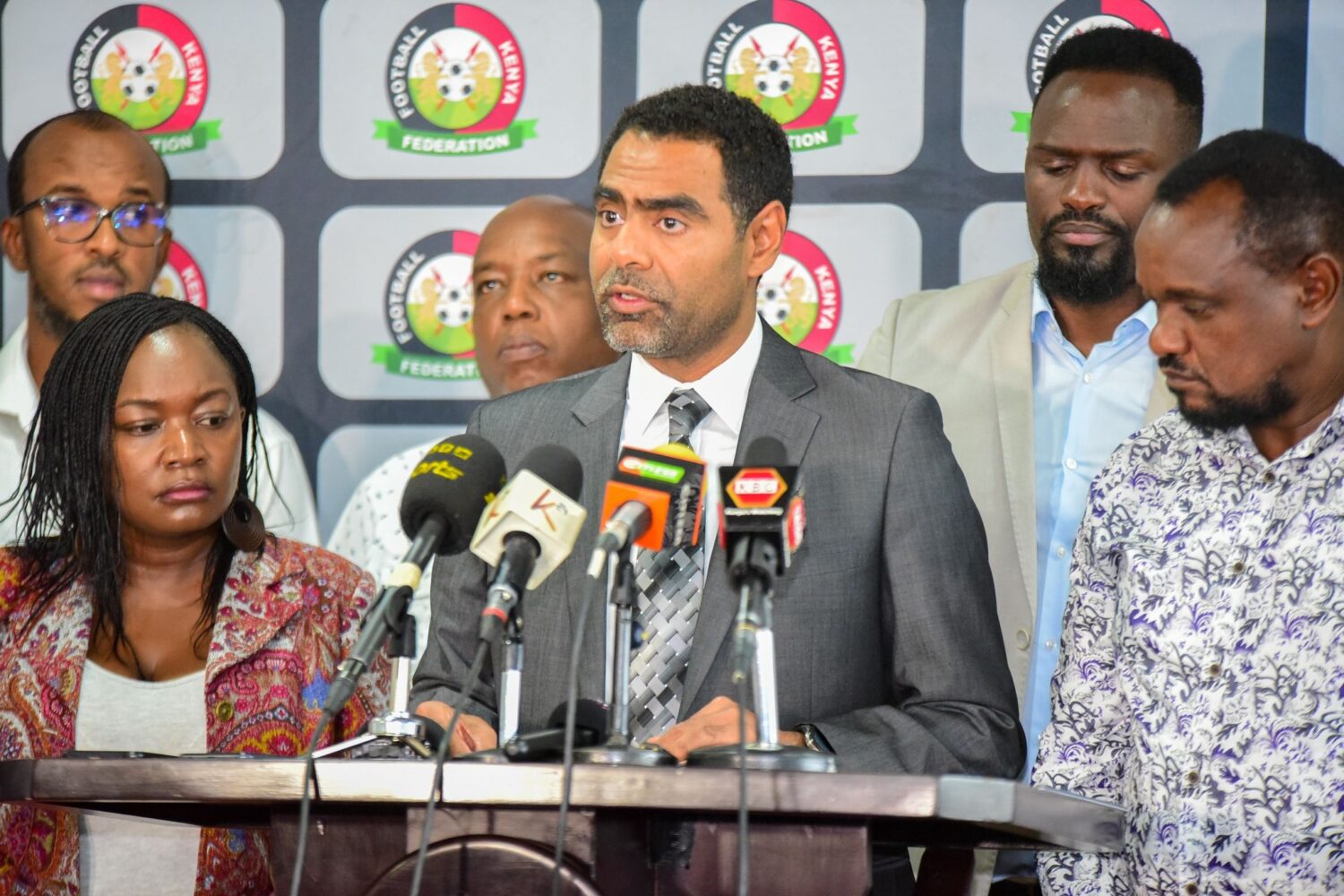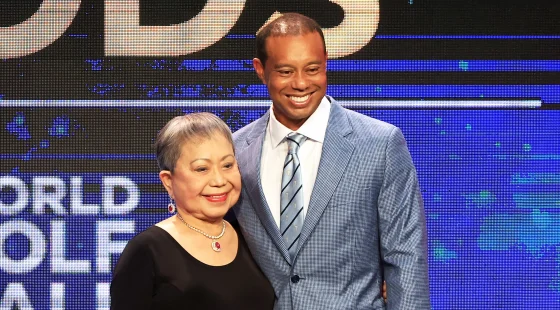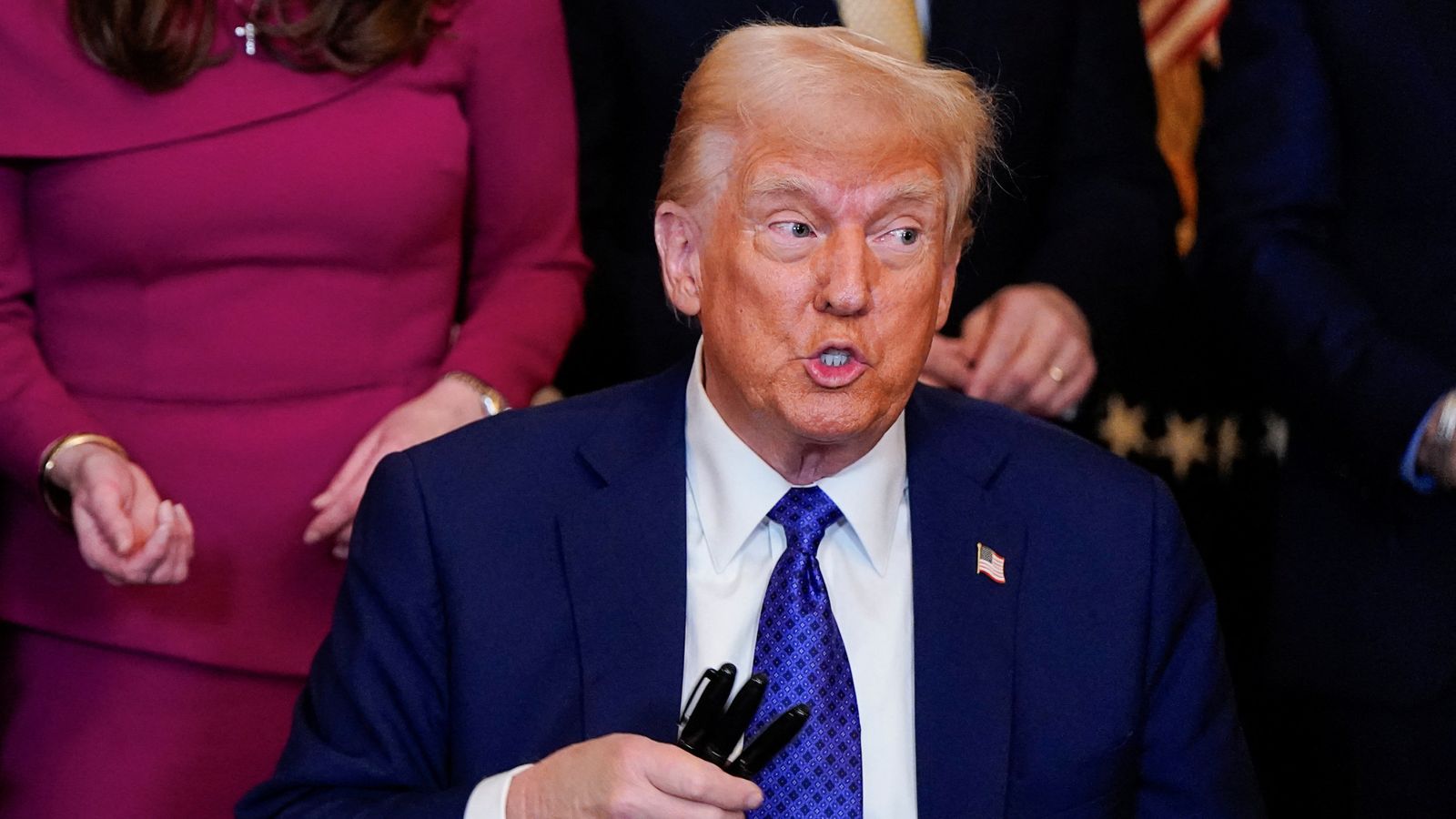A recent audit conducted by the Football Kenya Federation (FKF) Transitional Ad-Hoc Committee, led by FKF Vice President McDonald Mariga, has exposed major concerns affecting Kenyan football. The report highlights financial mismanagement, match-fixing, hooliganism, and officiating scandals that continue to undermine the sport.
FKF’s Financial Crisis: Ksh 384 Million in Debt
The audit revealed that FKF is facing a financial crisis, with debts amounting to Ksh 383,940,846.70 owed to external agencies and service providers. FKF President Hussein Mohammed confirmed that the federation operates 16 different bank accounts, raising concerns over lack of transparency and financial accountability.
“The financial situation of FKF is precarious, with several alarming issues identified. The federation operates 16 bank accounts with unclear purposes. As of December 31, 2024, FKF’s outstanding payables amount to Ksh 384 million,” Hussein stated.
Neglect of Women’s and Youth Football
The report also pointed out underfunding of women’s and youth football leagues, with significantly more resources allocated to men’s football.
“The committee recommends consolidating FKF’s bank accounts, restructuring its debts, conducting a forensic audit, and increasing funding for women’s and youth football to ensure equitable development,” Hussein added.
Match-Fixing, Bribery, and Hooliganism
A deeper investigation into officiating standards revealed systematic referee manipulation, allegations of bribery, and increased match-fixing—which have fueled hooliganism in local matches.
“Referees face serious challenges, including bribery allegations, match-fixing, and lack of professionalism. These issues have severely damaged the integrity of the sport. Additionally, rising cases of violence and disruptive behavior at matches have raised safety concerns,” said Hussein.
Reforms to Restore Integrity in Kenyan Football
With growing complaints over poor officiating across all national league tiers, FKF has pledged to introduce a merit-based system for referee promotions and collaborate with law enforcement agencies to crack down on corruption and violence in stadiums.
The federation also plans to overhaul FKF’s HR policies, implement salary standardization, and audit all employment contracts to ensure transparency and fairness.
As the FKF moves forward with these reform measures, Kenyan football fans and stakeholders will be watching closely to see if the federation can restore the sport’s credibility.
ALSO READ: Patrick Korir resigns as FKF interim CEO










